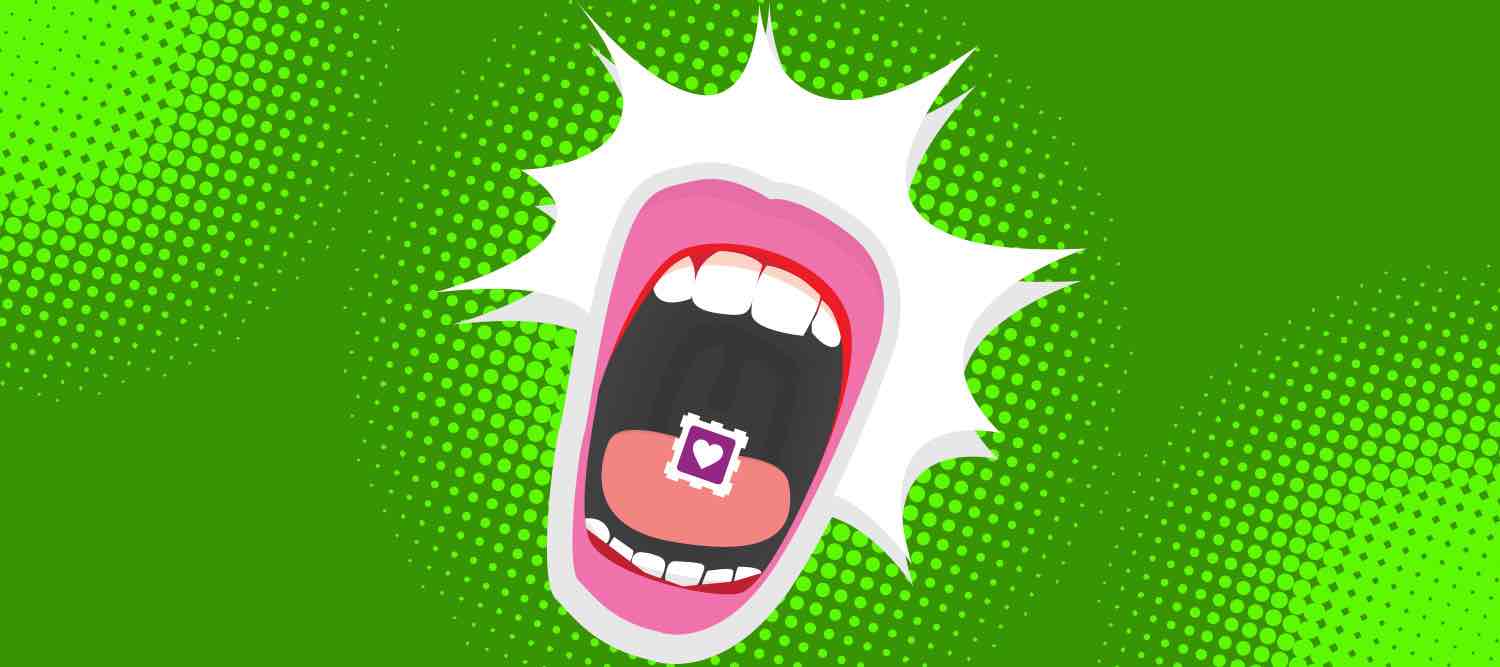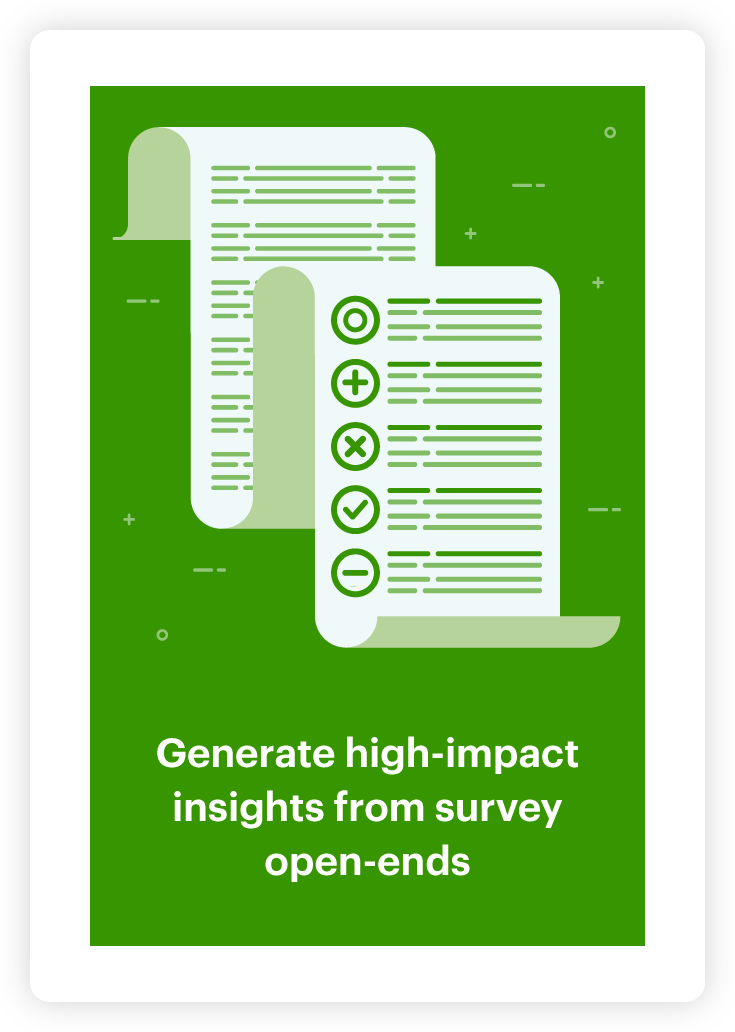Psychedelic trip reports demonstrate the power of survey analytics software

Text analytics is a powerful tool that opens up new possibilities. Traditionally, text data sources have been too difficult or too time-consuming to analyze at scale. Thanks to text analysis, this is no longer true.
In the case of Relative Insight, our text analytics software uses comparison to find the differences in multiple text data sets. This methodology surfaces the insights hidden in text data.
We boast that our platform is undefeated when it comes to analyzing text. Whatever form of text data, our platform can analyze it. However, we wanted to really test its power.
To test the power of text analysis, we looked to the power of psychedelic trip reports. A rapidly growing sector estimated to be worth $10.75bn by 2027, the likes of bestselling author Michael Pollan and NFL MVP Aaron Rodgers have extolled the benefits of these drugs – increasing public awareness and debate around them.
The changing attitudes to, and adoption of, psychedelics is noticeable in the US. This rising tide offered a fascinating opportunity for research – as well as providing a stern test of our platform’s capabilities.
We conducted a survey of 4,000 people, asking them to describe their experiences taking psilocybin or LSD. Their psychedelic trip reports amounted to five million words for our survey analysis software to digest.
Not only did it decipher this devilish data, it was also able to split responses into comparisons of different demographics’ use of language while tripping. We’ve published the full findings in our latest report – Making sense of the nonsensical: analyzing the psychedelic language of trips.
Here’s a hit of our insights.
How different drugs create varying uses of language
Our first psychedelic trip reports comparison was between respondents discussing LSD trips versus those who took psilocybin. While the topics, grammar, phrases, words and emotions were broadly similar for each, there were some interesting differences between the two.
Psilocybin takers were more likely to discuss forests and nature. They were 7.4x more likely to talk about plants, animals and other types of nature. Trees took center stage – they were 4.6x more likely to use the word ‘tree’ and infinitely more likely to talk about ‘Christmas trees’.
“…one side and then it became a tree. A Christmas tree, with lights, my testicles were ornaments. It was the weirdest thing. The tree became brighter and brighter. The light began to fill my vision for a second and then it was gone, I had orgasmed.“
In contrast, people tripping on LSD talked about the human condition and society. They were 5.3x more likely to discuss topics surrounding employment and how work related to their lives, 3.2x more likely to highlight the ‘evils’ of life and the phrase ‘deep thought’ appeared 4.9x more often in their responses.
“The last thing I’m taking out of this is that we should do everything that we want to do while we have the chance. There will never be this perfect moment when everything will be 100%. We have to make the most out of this. We shouldn’t just work all the time, waste all this precious time or be overloaded by things around us (especially work).”
Survey analysis highlights gender contrasts
Our survey analytics software not only analyzes text, it also splits respondents by other data points. This enables you to make demographic comparisons using information you’ve gathered in closed survey questions, like gender and age.
Comparing men’s and women’s psychedelic trip reports revealed fascinating, contrasting insights into each gender.
Women were much more outgoing and expressive in their use of language, and talked about others more. They were 4.2x to use the words ‘beauty’ and ‘beautiful’, and 9.6x more likely to talk about ‘colors’.
“…I felt like a child I was giggling and dancing around covered in paint… My boyfriend helped me… I felt like my eyes were huge as I kept staring at the colors.”
In contrast, men were more likely to be insular. They were 2.3x times more likely to use words and language related to selfishness – mostly the words ‘ego’, ‘ignorant’, ‘selfish’ and ‘arrogant’. They also used the phrase ‘human life’ infinitely more, demonstrating that men focus on themselves and their own thoughts when tripping.
“…and all of existence, I could sense that my ego was something I could let go of but I felt I would only allow that to a certain extent.”
Generations state their reasons for tripping
The report also examines differences in generations’ use of words when recounting trips. Interestingly, without being prompted, different age groups highlighted their reasons for taking psychedelics.
For gen X, it was all about easing physical suffering. They were 5.3x more likely to highlight ‘pain’ – including mentioning taking psychedelics to help with ‘headaches’ 11.7x more often. Echoing Michael Pollan’s work, gen X were also 13.0x more likely to discuss ‘cancer’, highlighting an increasing trend for people with the disease to turn to psychedelics.
“A friend told me about a successful clinical study with hallucinogenic mushrooms making cancer patients feel more positive. She gave me about one gram of dried shroom.”
Rather than physical health, millennials used the drugs to support mental health. They were 4.1x more likely to highlight this as a reason for taking psychedelics, as well as being 4.5x more likely to say that it was a form of ‘therapy’ for them.
“I did and still do see psychedelic therapy as a relevant piece of the mental health puzzle. for some, perhaps a small piece, for others a larger piece, but a relevant piece to consider either way.”
Gen Z see psychedelics as an opportunity to share an unforgettable experience with their friends. They were 6.3x more likely to use the word ‘friends’ when describing their trips, as well as 4.2x more likely to use the phrase ‘best friend’. Gen Z also used the word ‘we’ 3.5x more, highlighting that, for them, tripping is a social activity.
“But there will be another time, already eagerly awaited, to share this experience again with wonderful friends who understand exactly the joy and wonder of opening your mind to the beauty of natural creation.”
Find out more by reading the report
To learn about the other findings our survey analytics software uncovered in psychedelic trip reports, download the full report using the button below.

